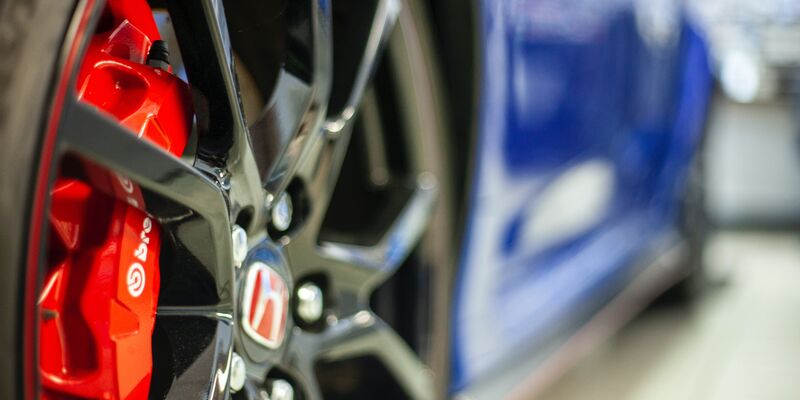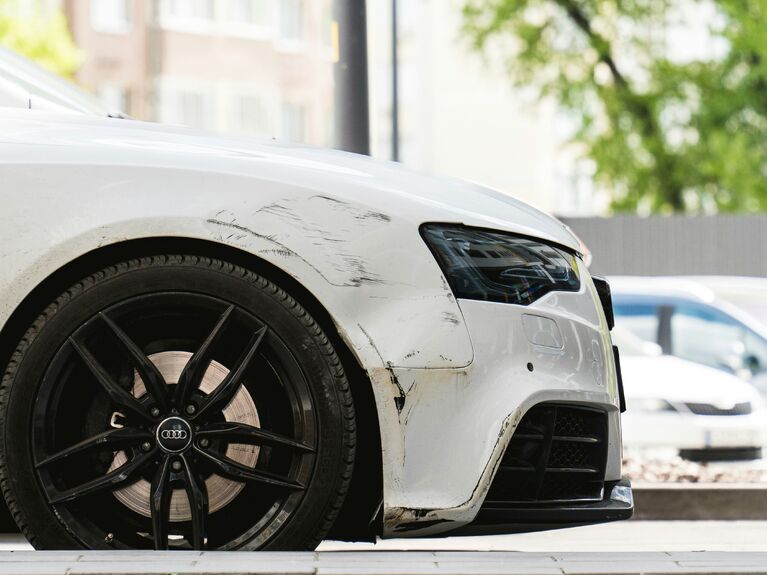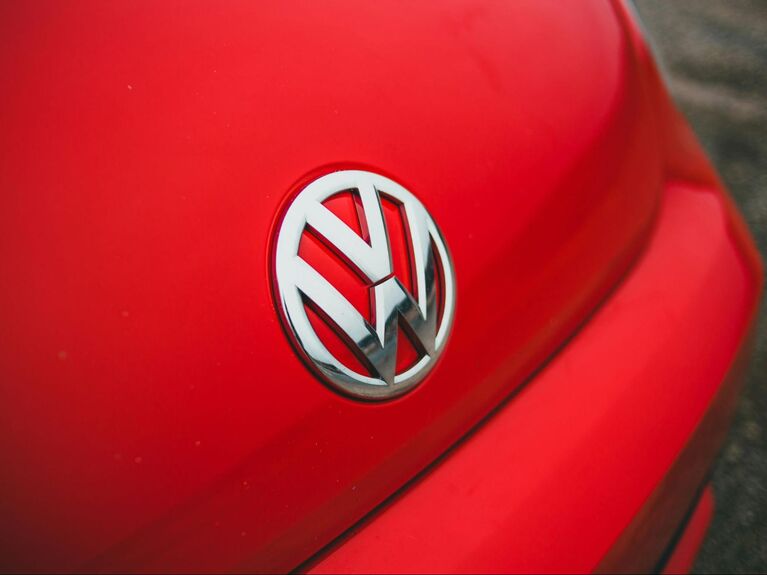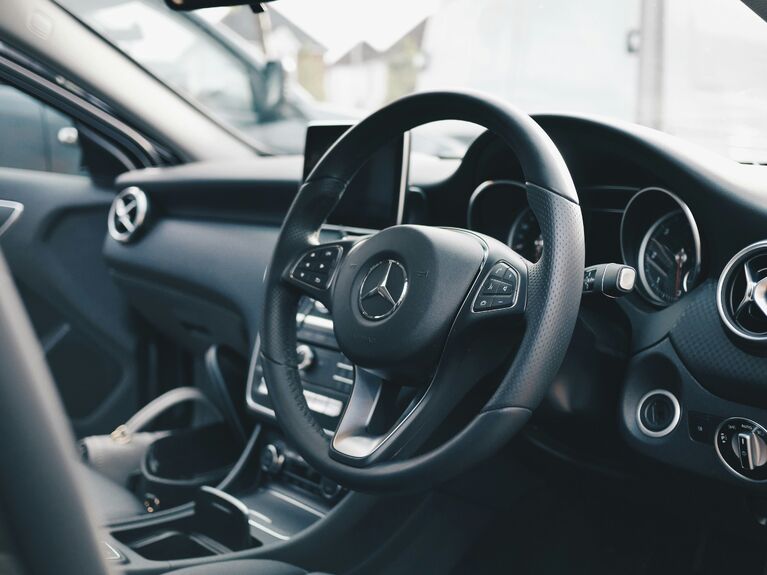
Credit: https://unsplash.com/photos/GfmeYgutNqo
Regularly inspecting and maintaining your brakes is vital for a safe and smooth drive. They not only ensure that your vehicle is safe to drive but also lead to potential cost savings. Moreover, they offer peace of mind, knowing that your vehicle is in good working condition.
How to Inspect Your Car’s Brakes
Inspecting your car's brakes is a crucial part of vehicle maintenance. It's important to check your brakes regularly, as any issues could lead to more severe problems or even accidents. Here is a step-by-step guide on how to do it:
Make sure the car is parked on a flat, stable surface. Engage the parking brake for extra safety. You'll need a torch, a tire iron, a hydraulic jack, and jack stands.
- Remove the Wheel: Use the tire iron to loosen the lug nuts on the wheel (don't entirely remove them yet). After the lug nuts are loose, use the hydraulic jack to lift the car until the tire is off the ground. Position the jack stands under the vehicle to ensure it's securely supported. Then, thoroughly remove the lug nuts and take off the wheel.
- Inspect the Brake Pads: Look at the brake pads through the spaces in the car's wheel. The outside pad will be pressed against a metal rotor. Generally, there should be at least 1/4 inch of the pad. If you see less than 1/4 inch of a pad, you may want to have your brake pads inspected or replaced.
- Check the Brake Disc/Rotor: The brake disc, or rotor, should be smooth and free of any grooves. Small grooves known as "scoring" can be normal, but if the grooves are deep, this could be a sign that the brake pads are worn and need replacing. The disc should also not have any heavy rust, cracks, or uneven wear.
- Check for Leaks: Check for any fluid leaks in the brake lines and around the brake master cylinder. Brake fluid is clear to amber in colour and has a distinct smell. Leaks could indicate a potentially serious issue with the braking system.
- Reattach the Wheel: Put the wheel back on the car and tighten the lug nuts as much as possible. Lower the car from the jack stands using the hydraulic jack. Once the car is fully on the ground, tighten the lug nuts as much as possible.
Repeat for All Wheels: Repeat steps 3 through 5 for each wheel.
Please note: If you're not comfortable performing these steps, or if your inspection reveals potential problems, it's best to take your vehicle to a professional. Brakes are a critical safety system and should not be compromised. If you experience any unusual noises, feelings, or smells related to your brakes while driving, have them checked out immediately by a professional mechanic.
How to Maintain Your Car’s Brakes
- Regular Inspection: Regularly inspect your brakes. This should include checking your brake pads, brake discs/rotors, and looking for any fluid leaks.
- Brake Fluid: Brake fluid is crucial for the operation of your braking system. Check your brake fluid levels regularly and change the fluid according to your vehicle manufacturer's guidance. Generally, brake fluid should be replaced every 1-2 years. If the brake fluid darkens in colour, this indicates it may need to be changed.
- Avoid Unnecessary Braking: Try to avoid harsh braking whenever possible. Harsh braking can cause your brake pads and rotors to wear down more quickly. Instead, try to anticipate stops and slow down gradually.
- Don't Overload Your Vehicle: Overloading your vehicle can put additional strain on your brakes, causing them to wear down more quickly. Stick to the load limit specified in your vehicle's owner's manual.
- Use High-Quality Brake Parts: When replacing any part of your braking system, be sure to use high-quality parts. While these may be more expensive, they will typically last longer and perform better.
- Get Professional Check-ups: Even if you're regularly inspecting your brakes yourself, it's still a good idea to have them inspected by a professional mechanic during your regular car service. They can spot potential problems that you might miss.
Remember, if you're ever in doubt about your brakes, it's always better to be safe than sorry. If you notice any issues with your brakes, such as squeaking or grinding noises, a vibrating brake pedal, or if your car is pulling to one side when you brake, you should have them checked by a professional as soon as possible.
For more tips and advice, check out our blog or give us a follow on Instagram and Facebook. Looking to sell your car? Enter your reg and mileage below and start your free, no-obligation quote today




